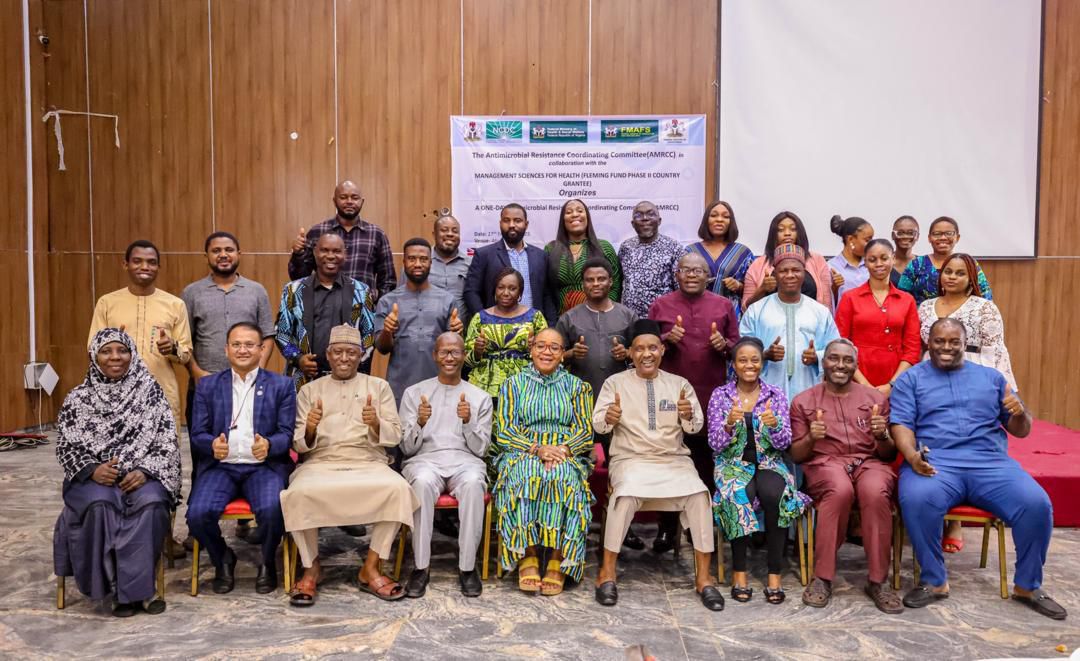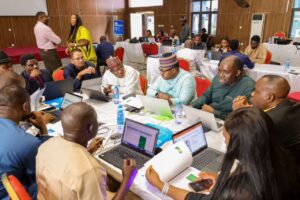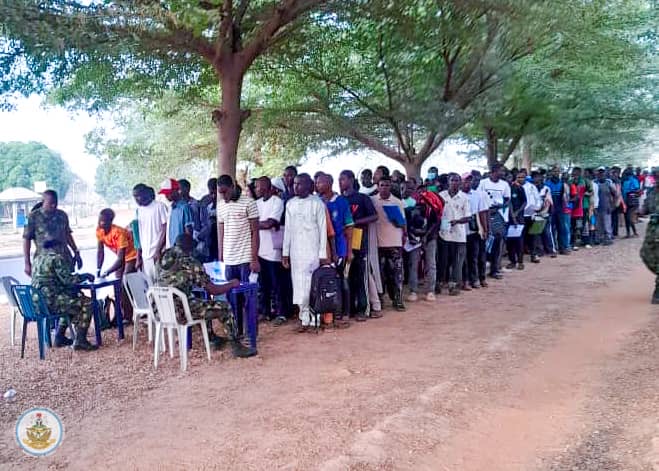National News
FG strengthens fight against antimicrobial resistance

The fight against antimicrobial resistance (AMR) gained fresh momentum as key stakeholders convened in Abuja for the first-quarter meeting of the AMR Technical Working Group (TWG) and the AMR Coordinating Committee.
The meeting brought together stakeholders from human health, animal health, agriculture, and the environment to assess progress, tackle challenges, and reinforce the nation’s response to AMR, which is a growing public health threat that weakens essential medicines and increases the burden of infectious diseases.
The Director-General of the Nigeria Centre for Disease Control and Prevention (NCDC), Dr. Jide Idris, who was represented by the Chairman of the AMR Coordinating Committee, Dr. Tochi Okwor, lauded the technical working group for advancing the AMR agenda and delivering the first National Action Plan (NAP 1.0).
Dr. Okwor also praised their efforts in securing political and technical support for the second National Action Plan (NAP 2.0), which will guide AMR response from 2024 to 2028.
Prof. Kabir Junaid, the co-chairman of the Technical Working Group (TWG), emphasized the need for collaboration among all AMR pillars to strategize and clarify the expectations for each pillar, as well as gather feedback on their previous activities.
“The National Action Plan (NAP) 2.0 demonstrated the Nigerian government’s commitment to combating AMR over the next five years, from 2024 to 2028. It aims to build upon and sustain the achievements of the first AMR NAP (NAP 1.0), which was implemented from 2017 to 2023.”
Head Corporate Communications, Sani Datti, in a statement, said the meeting with stakeholders reviewed progress in AMR surveillance, antimicrobial stewardship, infection prevention and control (IPC), and awareness campaigns.
According to the statement, it also focused on strengthening the implementation of National Action Plan 2.0, improving coordination across the human, animal, and environmental health sectors to foster a One Health approach to AMR mitigation, and exploring opportunities for increased funding.

Antimicrobial resistance (AMR) occurs when germs such as bacteria, viruses, or fungi that cause infections resist the effects of the medicines used to treat them. These resistant bacteria can spread and may infect people or animals.
Ifeoma Nwovu
-

 NUJ FCT2 days ago
NUJ FCT2 days agoNUJ FCT 2025 carol hails Journalists for truth, peace, development
-

 News20 hours ago
News20 hours agoTAF Global delivers 1,000 affordable homes, wins big after Africa Housing Award
-

 News2 days ago
News2 days agoHousing sector: HDAN vows Zero Tolerance for Scammers, pledges vigilant oversight for professional excellence
-

 News2 days ago
News2 days agoAfrica faces 130m housing deficit by 2030, $1.4trn in finance gap, minister warns
-

 News1 day ago
News1 day agoMOFI CEO Takang wins Housing Finance Personality of the Year 2025
-

 World News1 day ago
World News1 day agoNamibia to tackle 88% urban informal settlements — Sankwasa
-

 News11 hours ago
News11 hours ago$5m School Fees: Dangote challenges NMDPRA boss to clear his name
-

 News1 day ago
News1 day agoTranscorp Hilton Abuja ushers in the Holiday Season with a spectacular Christmas Tree lighting ceremony, exclusive festive packages





















